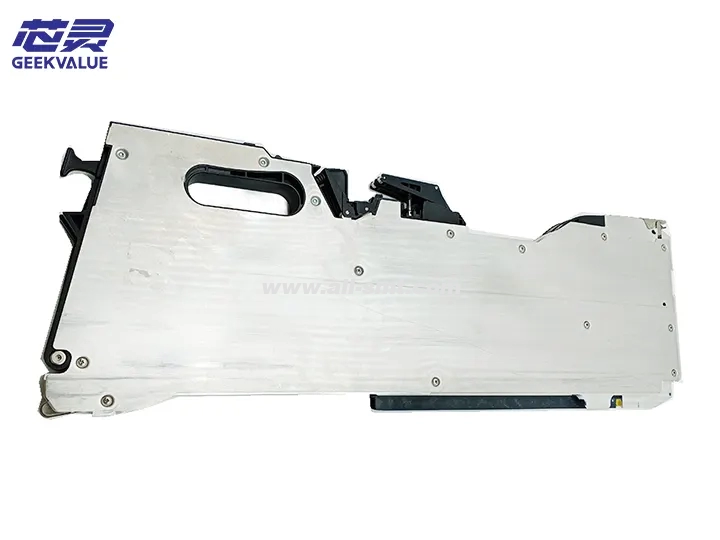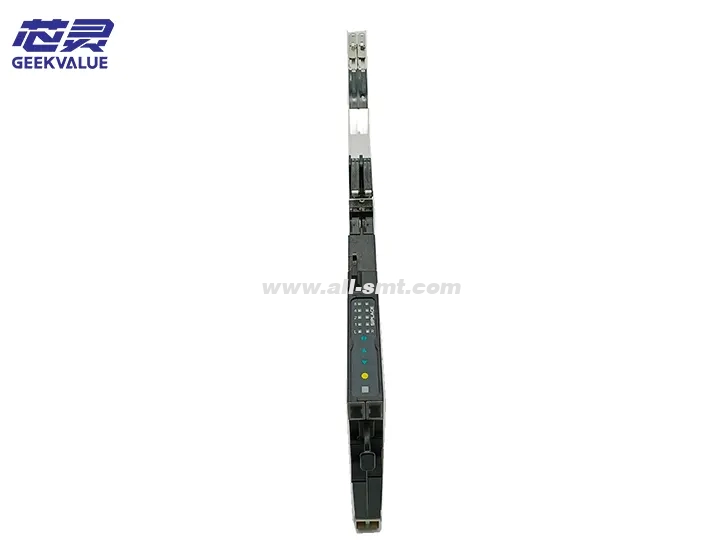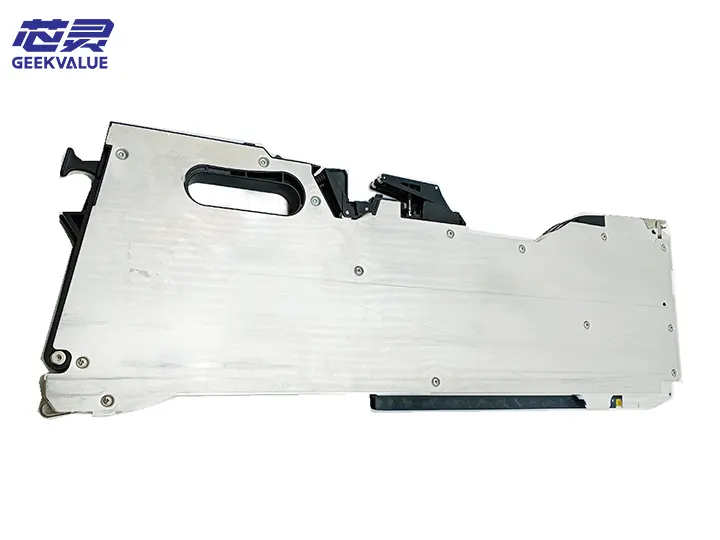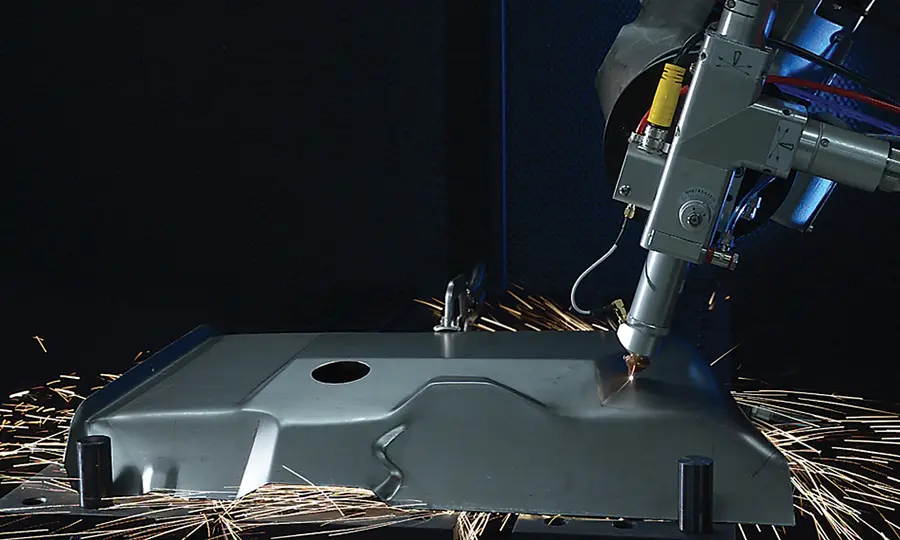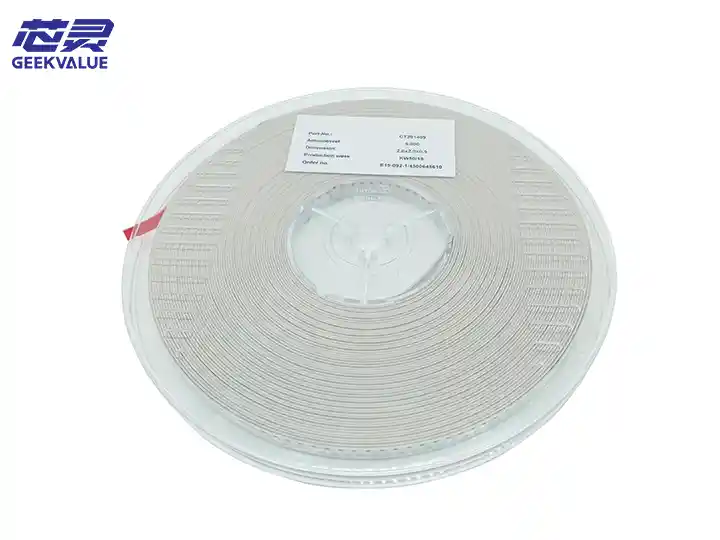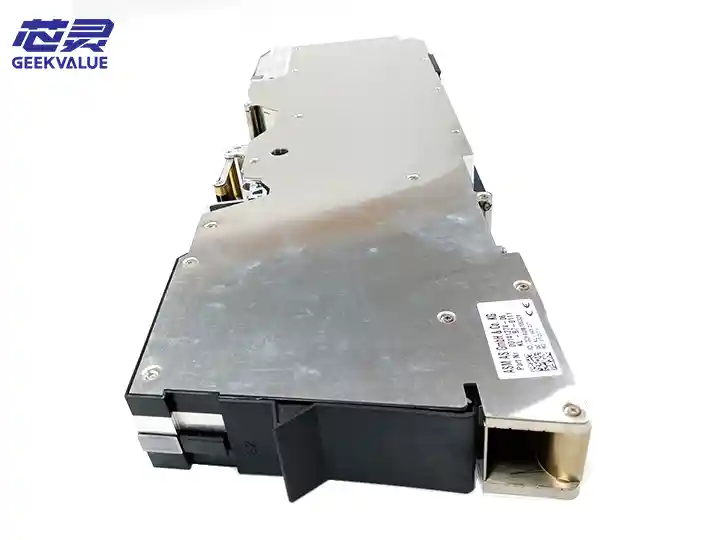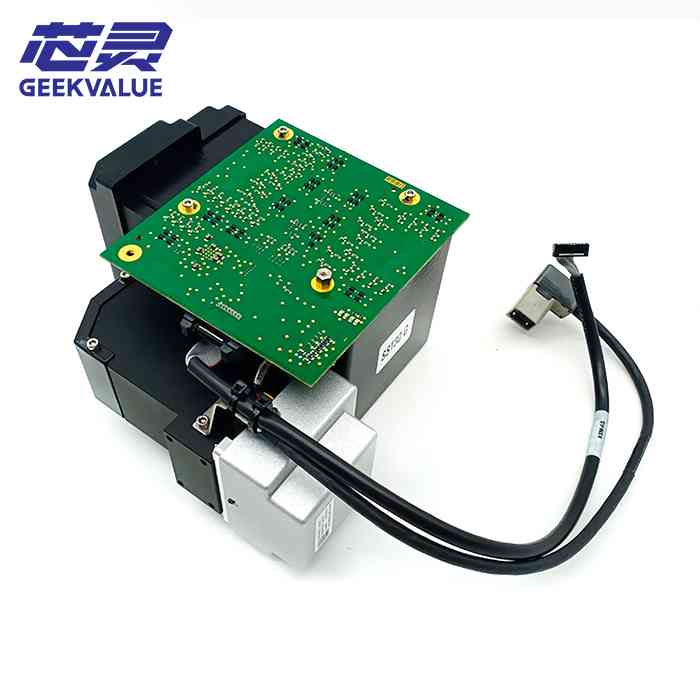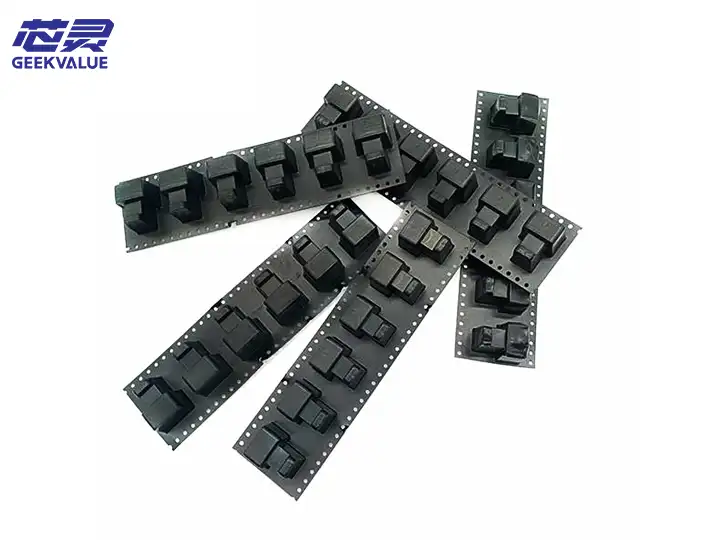ASM E BY SIPLACE SMT machine 2×8mm feeder (model: 00141569) is a high-precision feeding device designed for SMT (surface mount technology) production lines, suitable for 8mm wide double tapes (2×8mm). The feeder adopts advanced mechanical transmission and sensing technology to ensure stable and efficient component supply, suitable for high-speed and high-precision electronic component placement needs.
2. Product advantages
Dual tape design: supports simultaneous feeding of 2×8mm tapes to improve placement efficiency.
High-precision feeding: adopts precision gear transmission, and the feeding step error is controlled within ±0.03mm.
Intelligent sensing system: integrated optical/magnetic sensors, real-time monitoring of tape status, reducing the risk of material shortage or jamming.
Fast material change design: humanized tape fixing mechanism, the material change time is shortened to less than 10 seconds.
High compatibility: adapt to SIPLACE X series, S series and other ASM SMT machines.
Long-life design: key components are made of wear-resistant alloy materials, and the service life can reach more than 10 million times.
Low maintenance cost: modular design, easy replacement of wearing parts.
III. Technical features
1. Mechanical structure features
Compact design: size 120mm×60mm×40mm, suitable for high-density production line layout.
Double-rail feeding mechanism: ensures synchronous and stable feeding of two-way material belts.
Precision gear transmission: adopts 1:20 reduction ratio stepper motor, and the feeding is smooth and jitter-free.
Adjustable pressing device: adapt to material belts of different thicknesses (0.2mm~1.0mm).
2. Electronic system features
Hall sensor + photoelectric sensor dual detection mechanism to improve reliability.
24V DC power supply, low power consumption design (≤10W).
IP54 protection level, dustproof and anti-static interference.
RS-485 communication interface (some models), support remote monitoring and parameter adjustment.
4. Working Principle
Power transmission: The main control system of the placement machine sends a pulse signal to drive the stepper motor inside the feeder to rotate.
Material belt advancement: The motor drives the feeding ratchet through the gear set, and each rotation of a fixed angle (such as 7.5°) pushes the material belt forward by one step (usually 4mm).
Position detection:
The Hall sensor detects the position of the ratchet to ensure that the material is in place.
The photoelectric sensor detects the hole position of the material belt to determine whether there is a shortage of material or a jam.
Feedback control: The sensor signal returns to the placement machine to form a closed-loop control to ensure the feeding accuracy.
Component exposure: When the material belt is in place, the peeling mechanism slightly lifts the covering film to make the component in an absorbable state.
5. Core functions
Dual-channel synchronous feeding: Two 8mm material belts are supplied at the same time to improve the placement efficiency.
Automatic deviation correction: Detect the feeding deviation and automatically adjust it to reduce the throwing rate.
Material shortage warning: When there are 5 to 10 components left on the material belt, an alarm is issued to prompt the operator to change the material.
Anti-stuck material protection: Automatically shut down when abnormal material belt (such as twisting, breaking) is detected.
Data recording: Stores operation data such as feeding times and alarm records for easy traceability and analysis.
VI. Role in SMT production line
Improve production efficiency: The double-belt design reduces the frequency of material changes and is suitable for mass production.
Ensure mounting accuracy: High-precision feeding ensures accurate component position and reduces the risk of patch offset.
Reduce downtime: The intelligent detection system warns of faults in advance and reduces production line interruptions.
Compatible with a variety of components: Suitable for a variety of SMD components such as resistors, capacitors, and ICs.
VII. Common fault information and treatment methods
Fault code Fault description Possible cause Solution
E101 Feeding timeout 1. Material tape stuck
2. Motor failure
3. Sensor failure 1. Check material tape path
2. Test motor power supply
3. Clean or replace sensor
E102 Material shortage alarm 1. Material tape is used up
2. Sensor misjudgment
3. Signal interference 1. Replace new material tape
2. Adjust sensor sensitivity
3. Check shielding wire
E103 Material feeding is not in place 1. Step setting error
2. Mechanical resistance is too large
3. Drive voltage is low 1. Check program parameters
2. Lubricate guide rails
3. Check 24V power supply
E104 Sensor failure 1. Sensor contamination
2. Circuit board damage
3. Connector loose 1. Clean sensor window
2. Check PCB
3. Reconnect signal line
E105 Dual material tapes are not synchronized 1. Gear wear
2. Uneven material belt tension
3. Abnormal motor drive 1. Replace gears
2. Adjust material belt tension
3. Check motor driver
VIII. Maintenance methods
1. Daily maintenance
Cleaning: Wipe the surface of the feeder with dust-free cloth + alcohol every day, and use an air gun to remove internal dust (pressure ≤ 0.3MPa).
Lubrication: Apply special grease (such as Kluber Isoflex NBU15) to the guide rails and gear parts every week.
Check fasteners: Make sure all screws and connectors are not loose.
2. Regular maintenance (every 3 months or 5 million feedings)
Disassembly and cleaning: Remove internal dust and check the wear of gears and ratchets.
Replace wearing parts: such as feeding ratchets, pressure springs, etc.
Sensor calibration: Use standard material belts to test whether the sensor response is normal.
Motor detection: Measure current (normal value 0.5~1.2A) and check carbon brush wear.
IX. Conclusion
ASM E BY SIPLACE 2×8mm feeder (00141569) has become an efficient solution for SMT production lines with its dual-belt design, high-precision feeding and intelligent detection. Proper use and regular maintenance can greatly extend its life and reduce downtime. When encountering complex faults, it is recommended to contact our technical team to avoid self-disassembly and secondary damage.
